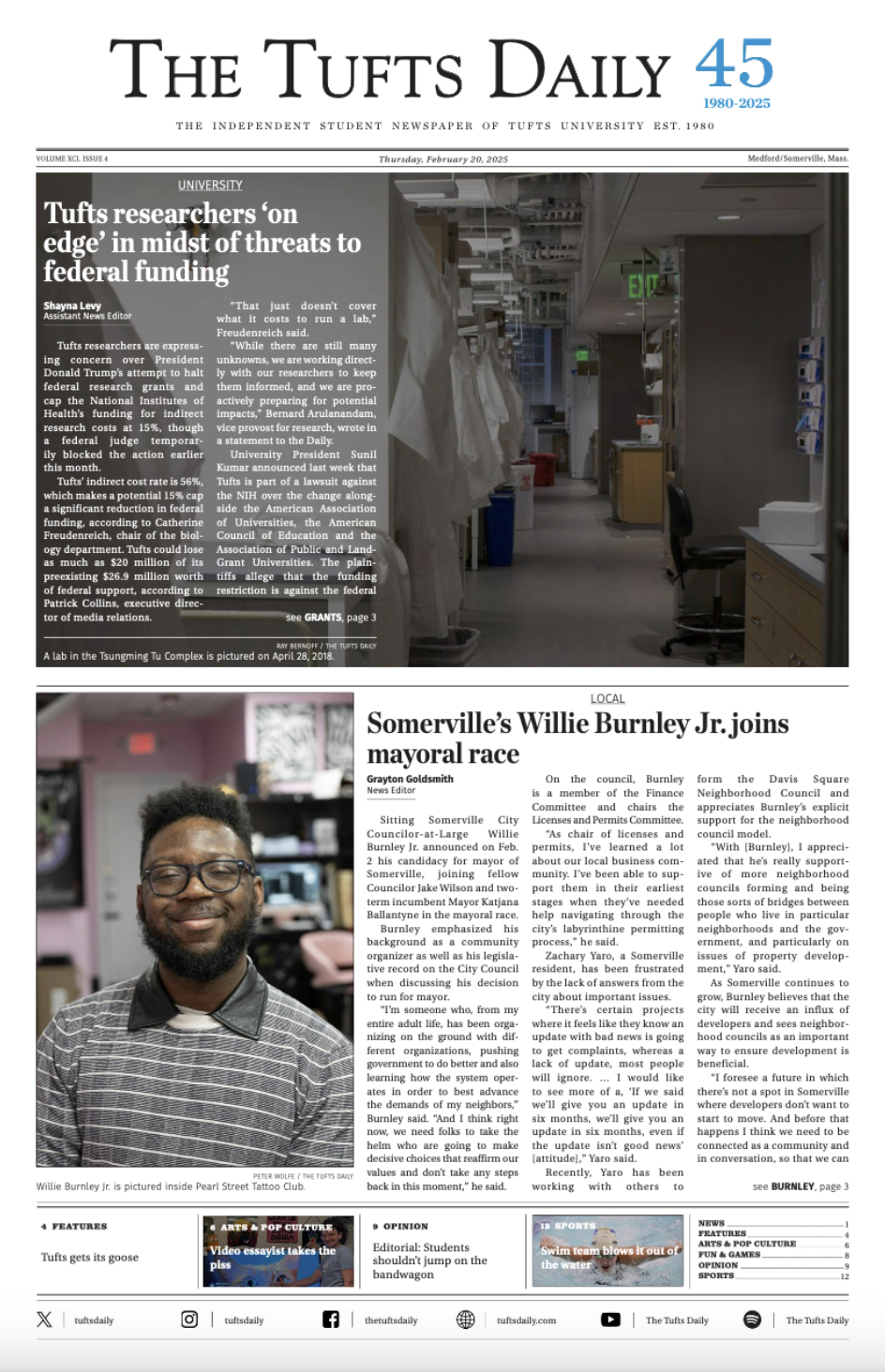The sudden and unexpected passing of the former Lebanese Prime Minister Raffik Hariri was a severe blow to his beloved country.
Lebanon prides itself on being a cradle of moderation and sectarian coexistence in the Arab world. However, because of its tiny size, any regional conflicts have impacted its social order, body politics and economy. Known for its tolerance and progressive leanings, this country, a multicultural mosaic on the eastern golden coast of the Mediterranean, played host to the first American university in the Middle East more than a century ago. Decades before that, Quakers from Switzerland established a European modeled high school on a mountainous resort, called Broummana, not too far from the capital city of Beirut.
During the tumultuous years of the Lebanese civil war in the '70s and '80s when the region was experiencing a high degree of instability, the country of Khalil Gibran, a world renowned thinker, philosopher and writer, was savaged. Sectarianism showed its ugly face, plunging Lebanon into anarchy and creating a chaotic environment in which warlords grabbed power and amassed wealth to the detriment of civil society.
Tens of thousands of innocent people perished while the outside world watched in horror, without lifting a finger. Then it was left to the Lebanese people to pull back from certain collective demise. Yet only one leader, someone who had no blood on his hands, a person who made a fortune for himself the old fashioned way - with hard work and ingenuity, was destined to steer Lebanon to the path of rebuilding, prosperity and democracy.
Raffik Hariri symbolized the best of Lebanon. Abandoning his affluent lifestyle Parisian and risking physical security, this billionaire son of a simple farmer from the south of Lebanon returned to his beloved homeland to champion the cause of the underprivileged masses. He wanted to lead Lebanon back to the days of glory.
Under his stewardship, the devastated capital city of Beirut was rebuilt with amazing speed and efficiency. And it even turned out to be more majestic than the old one. Hariri single-handedly brought together the warring factions of Lebanon, stifled the voice of religious extremists, both Christian and Muslim, and presided over Ministerial Cabinets formed mainly of technocrats, whose commission was to remake the country and reestablish tolerance and harmony.
Nevertheless, Hariri remained a man of the people.Using his own funds, he established many foundations, both in Lebanon and overseas, to help educate the post-civil war generation of Lebanese so that the new crop of educated youth could serve the country with the same distinction, dedication and dynamic zeal that he exhibited during his shortened public life. He contributed to the education of more than 30,000 Lebanese young people in different disciplines of academia so that Lebanon could once again regain its rightful place in the heart of the Middle East as a magnet of commerce and intellect, a mecca of tolerance and reconciliation.
He was indeed a legend, and not because of some war time bravado. Anecdotes abound about his countless deeds of charity. It is told that an old woman from the slums of Beirut wanted desperately to see then Prime Minister Hariri to tell him about her family's plight. After being dismissed by his aides, she finally was granted an audience with the Prime Minister who attentively listened to her sad story. Her only son, the sole bread winner of her extended family, had traveled to the United Arab Emirates (UAE) to find meaningful employment and send some remittance back home to support his family. There, the young man was duped into an embezzlement scheme and subsequently jailed, depriving his family of any income.
Hariri asked one of his aides to immediately go to the UAE and see this young man and render all possible assistance. The aide, having met with the jailed Lebanese citizen and with local judicial authorities, was alarmed of his findings. He reported to Hariri that this was not a case of a small embezzlement and that a handsome amount of money was involved. Thus, so long as full restitution was not made; this person would sit in a foreign prison cell. Hariri responded to his aide, "Do you think that if a small amount of money was involved, this poor woman would have bothered to knock at my door?" The aide returned home along with the freed young man.
This act, an act of nobility and utmost humanity, along with many others like it earned Hariri the title of Mr. Lebanon. It unmistakably shows Mr. Hariri's faith in his beloved people. It is no wonder that during his funeral procession, with a sea of people participating, church bells rang loudly while religious prayers were offered from nearby mosques. Thousands of people, waving the Lebanese flag, mourned the passing of a legend while searching for an answer to the senseless assassination that had robbed Lebanon of its true leader.
In these uncertain times, will the country of the pacifist Gibran produce yet another Hariri, the son of a modest upbringing who lifted Lebanon from despair and put his cherished watan on the road to the Promised Land?
Taleen Babayan is a junior majoring in history.





